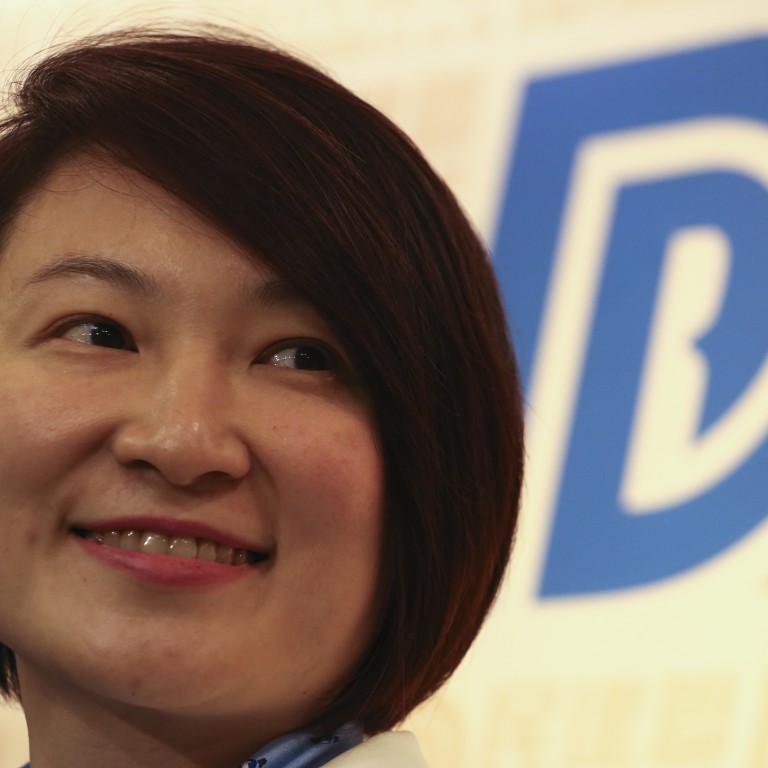
Breaking the mould in Hong Kong politics
Bernard Chan says Starry Lee shows that the background, age and style of party leaders is changing
Starry Lee Wai-king has become the first chairwoman of the Democratic Alliance for the Betterment and Progress of Hong Kong. Most of our political parties are headed by women: Emily Lau Wai-hing leads the Democrats, Audrey Eu Yuet-mee heads the Civic Party, Regina Ip Lau Suk-yee runs the New People's Party and Erica Yuen Mi-ming leads People Power.
This could be celebrated as a success story for women. However, few commentators mentioned this aspect of Lee's leadership of the DAB.
To many observers, the story here is not about gender, but background, age and style. In particular, I think it reflects major changes in the way Hong Kong will be governed.
The leaders of Hong Kong's main pro-democracy parties have typically been from the professions and middle class, with smaller parties linked to labour. Pro-Beijing groups, with extensive neighbourhood and other networks, have usually recruited from the grass roots and unions. These are roughly the profiles of the main groups involved in open elections (the pro-business parties are mainly focused on functional constituencies).
Lee in some ways breaks this mould. She was born into a working-class family and brought up on a public housing estate. But she went to university and could well have become a partner in a major accounting firm. By the standards of many older DAB figures, she comes across as open and friendly. She is partly overseas educated and is someone many of the middle class and young can relate to. As the overseas media have noticed, unlike many of her older colleagues, she can do interviews in English.
Critics will point out that, as part of the well-organised pro-government factions, she has been groomed as a new, modern face for the DAB. But that leads me to my point. The DAB and its allies are serious about being able to win elections in future.
Hong Kong is at a crossroads in its political development. It is impossible to say what will happen to the government's proposed reforms. It seems hard to believe pro-democracy lawmakers will veto the chance of some form of universal suffrage, even if it is limited. But they are clearly disappointed by the proposal and seem convinced that accepting it would do more harm than good. By rejecting reform, they will leave us where we are now.
The problem is that people want a more open and competitive political process - as a means to achieving fair and effective governance. The proposed reforms might not be perfect, but they would involve chief executive hopefuls fighting directly for mainstream voters' support. This would be unprecedented in Hong Kong.
The pro-Beijing side is taking this seriously. It is looking forward to an era where elections take on a new importance. The DAB is preparing for a new and more competitive way of doing things.
On the other side, we have the pro-democracy camp. It is divided into a range of rival groups, with the main vote-winning factions headed by older-generation figures. Its younger elements are spread out among all sorts of student and single-issue groups. The main things they have in common are that they are energetic and highly dissatisfied, and see action on the streets as their main hope of being heard.
So the main pro-government parties are anticipating a more - if not fully - democratic system. The DAB is targeting younger and more middle-class and professional voters. This perhaps overlaps with Regina Ip's group, but also with the Civic Party, which is looking less moderate than it was. The Democratic Party, with its older leadership, faces the challenge of attracting younger supporters.
One way or another, our elections in future will be more competitive. It looks quite likely that some parties will be better prepared than others.

